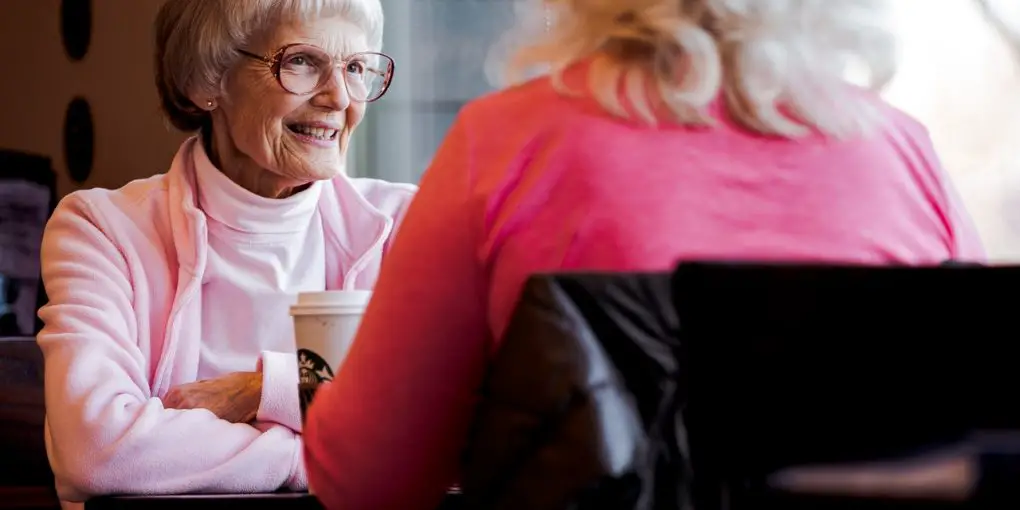What to do When a Senior Loved One Needs Help – Health and Caregiving Tips
Preserving autonomy is a significant worry and objective for the elderly. The concept of "aging in place"—the belief that it is best to age, stay healthy, and continue being active within one's own community for the longest time feasible—is a prevalent theme in elder care globally.
There are times, however, when our senior loved ones require help with health and daily care needs. Anyone with seniors in their life should stay informed on how to provide that help if need be, including knowing when to step in and offer assistance. Below are some useful tips to keep in mind to help make sure your senior loved ones are happy, safe, and healthy.
Dietary Planning and Eating
Maintaining a balanced diet is essential to overall health throughout our life, but more so as we age. Eating properly and utilizing healthy recipes for seniors correlates to a healthier weight, more energy, better neural functioning and mitigates the risk of chronic illness.
Many seniors, however, struggle to get both the calories they need in the form of an adequately balanced diet. This happens for a variety of reasons, including the fact that appetites change dramatically as people age. Maintaining caloric intake and overall nutrition, especially if you exercise regularly, is vital to ensure healthy bones, muscles and organs. There are several ways caregivers can help seniors in need of dietary and meal planning.
Adhering to Medication Schedules
Another challenge many seniors face is complying with the various medications and prescriptions they may be taking. This is especially important for people who have recently undergone surgeries or procedures, or those taking medications for illnesses like hypertension and diabetes.
Compliance with medication regimens, especially if a senior leads a busy life or is experiencing problems with memory, can become difficult. In this case, those looking out and caring for seniors can help them stay on track with medication schedules, either via verbal or written reminders. If a senior is resistant to or resents taking certain necessary medications, caregivers can also help persuade and encourage older adults to stick with them.
Safety Around the House
Leaving one’s home and all the memories made in it can be difficult at any stage of life, but it can be particularly traumatic for older adults. The goal, therefore, for many seniors is to remain in their homes and communities, where they find comfort and familiarity, for as long as possible.
There are some who are better than others at understanding and accepting the safety concerns this usually entails. A fall or bump during old age can be very dangerous, especially if the older person lives alone. If you notice your senior loved one’s living area is cluttered or full of potential injury hazards, there are plenty of things you can do to help make their home safer.
Personal Hygiene
This is potentially one of the touchiest issues for seniors and caregivers because it involves a great deal of intimacy. While many older people have no trouble keeping up with important daily grooming and hygiene necessities, memory can and does often become a factor for older adults struggling to keep on top of it all.
If you notice your elderly loved one’s personal hygiene standards starting to slip, it is probably time to step in and say something or offer to help. Regular teeth-brushing, bathing, nail trimming, hair combing etcetera is part of overall bodily health, as well as appearance, and gently offering help to a senior falling behind in these areas is sometimes necessary.
Considering Assisted Living
While aging in place and complete independence is an ideal towards which we should always strive, there can come a point when it is simply no longer safe or feasible for a senior to continue living on their own. Cognitive and/or physical decline is practically an inevitability in old age, and the bottom line is that the best way to help someone might be to pursue a living situation involving some level of supervision.
There is a wide range of assisted care arrangements out there, and they exist on a care continuum. These sorts of conversations with your senior loved one can be framed not in terms of independence lost, but improved quality of life through peace of mind.
Conclusion
If you have senior loved ones in your life, whether they are struggling or not, it is important to know how those struggles might take shape, and what you can do to provide assistance if need be. However, you help the older adults in your life, do so with compassion and the understanding that you, too, may one day require help.



